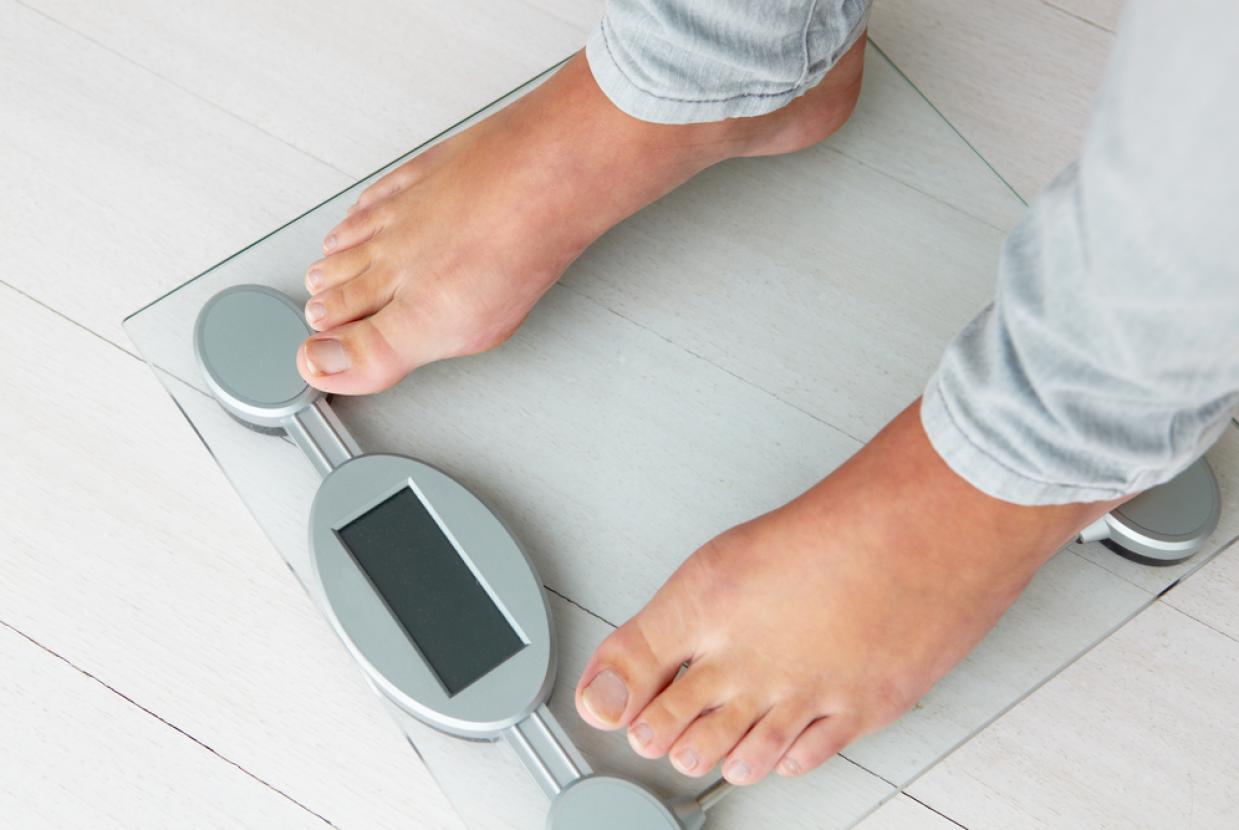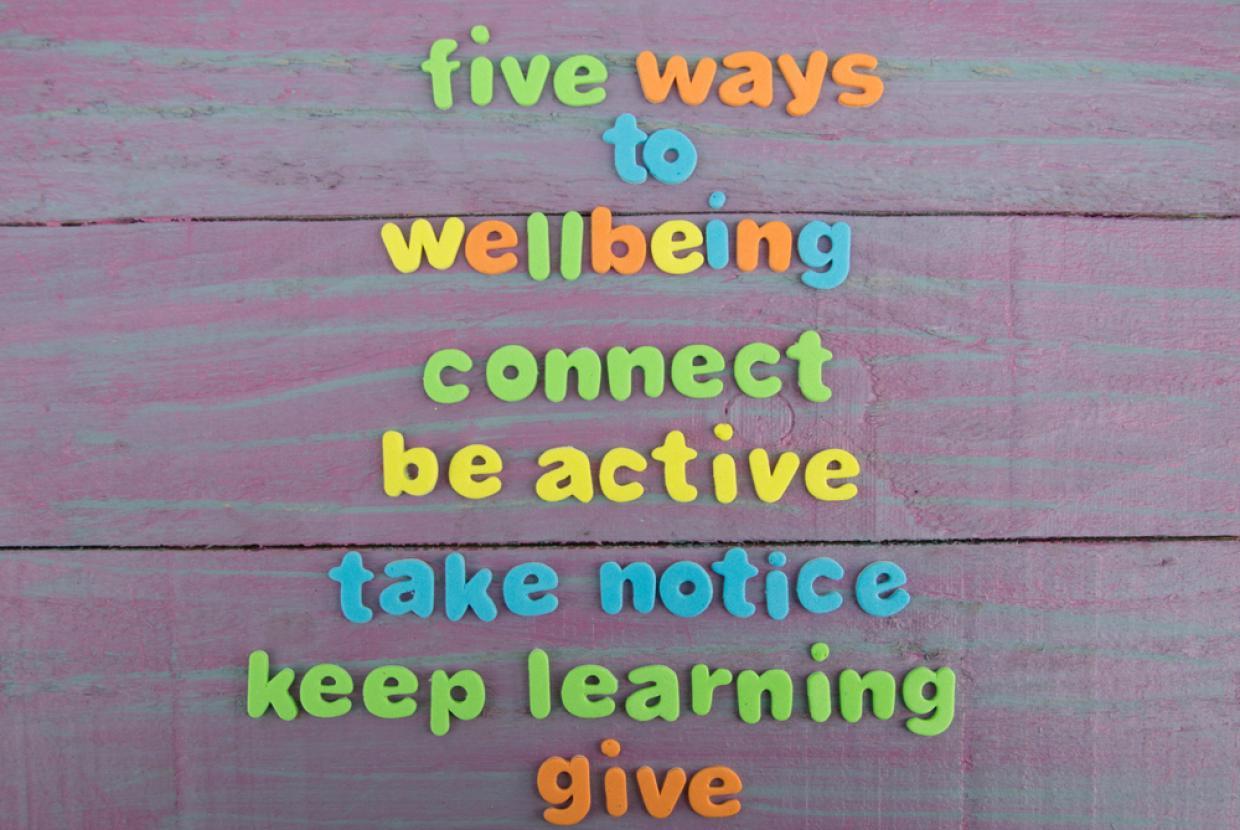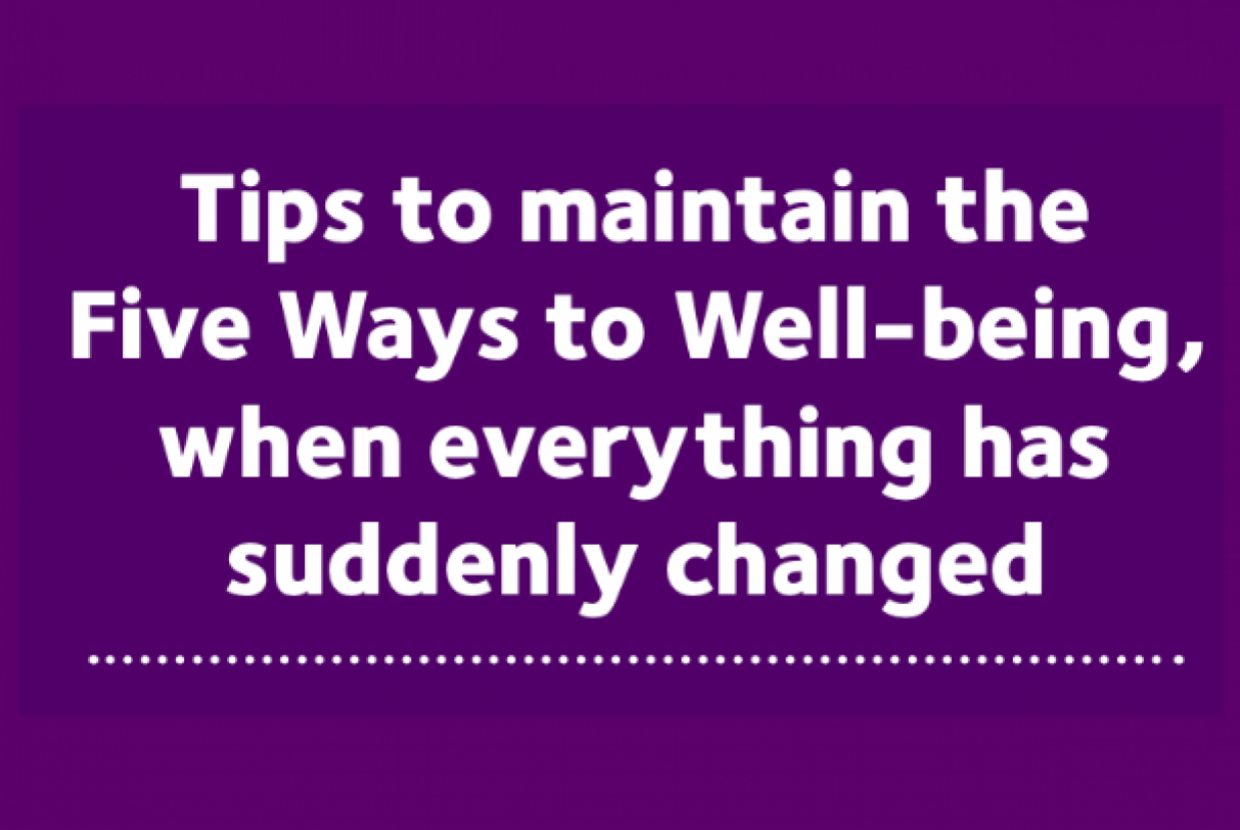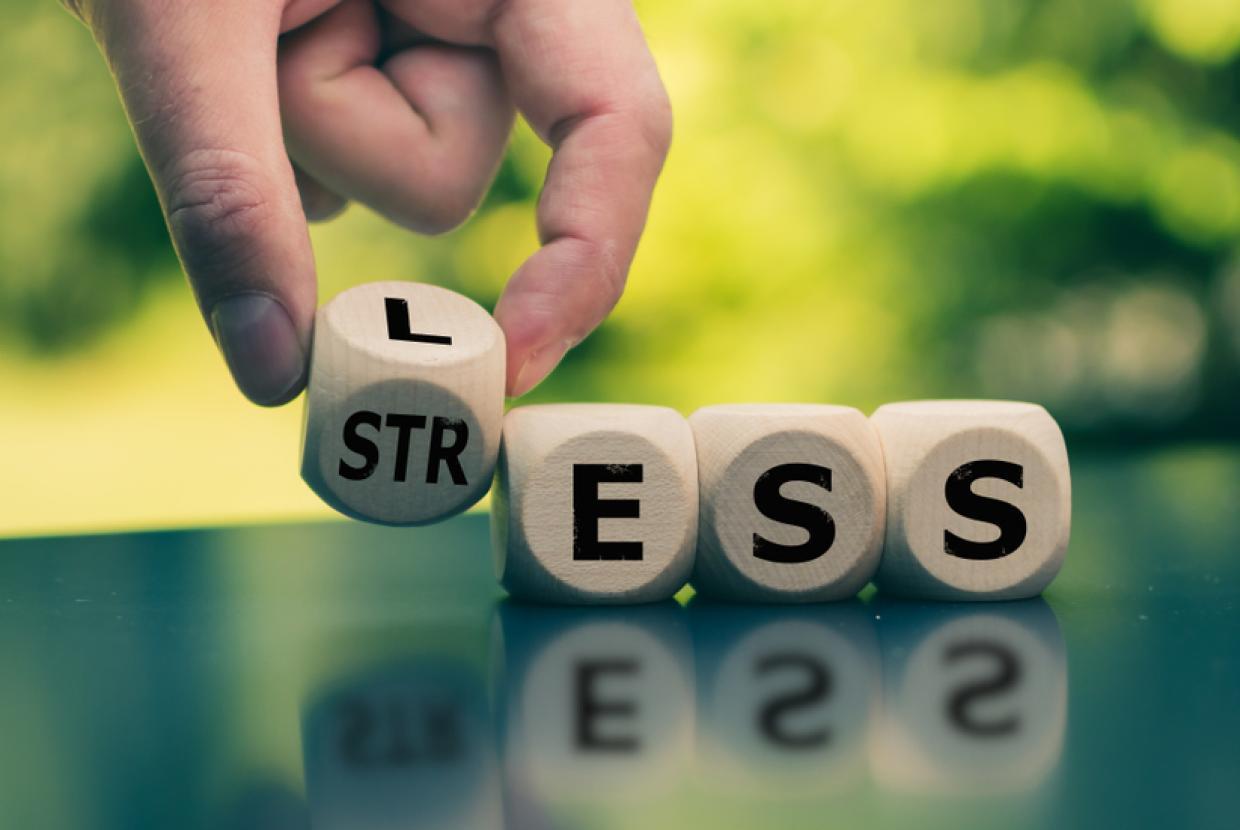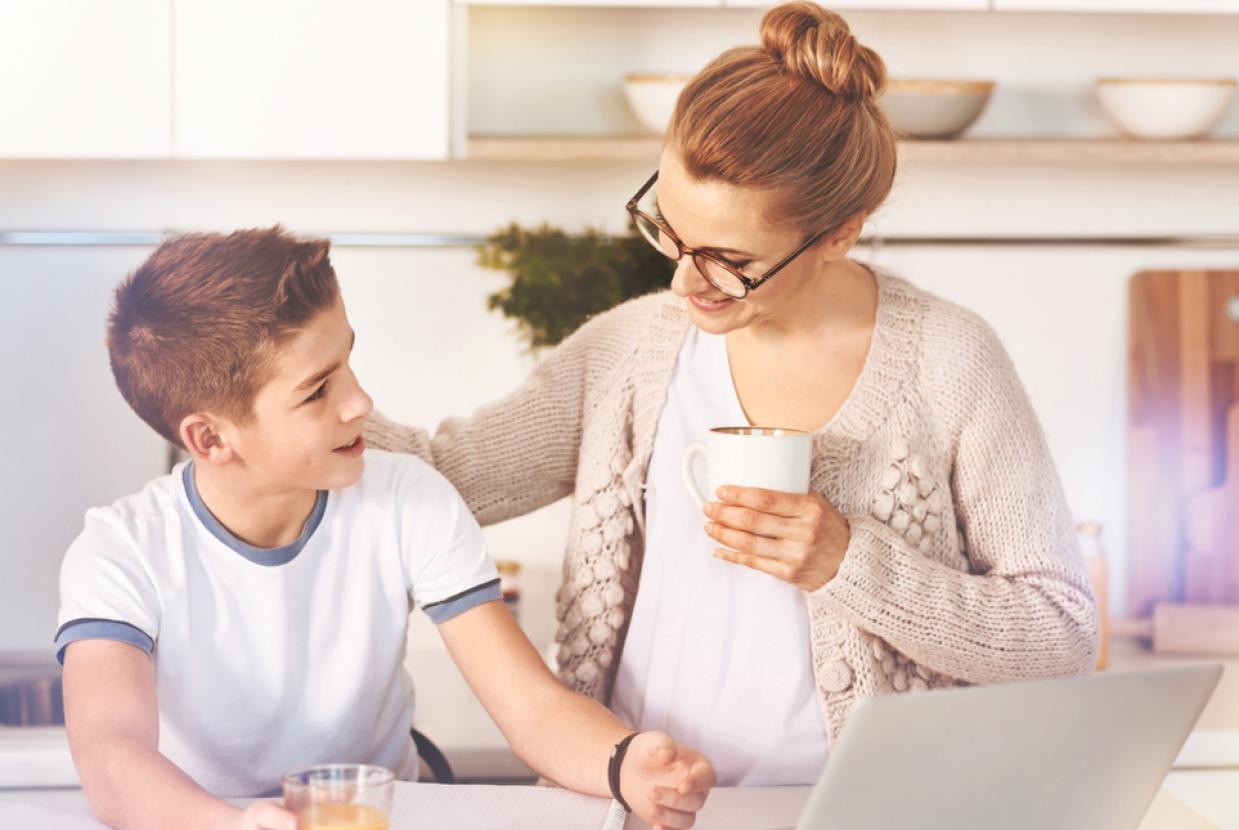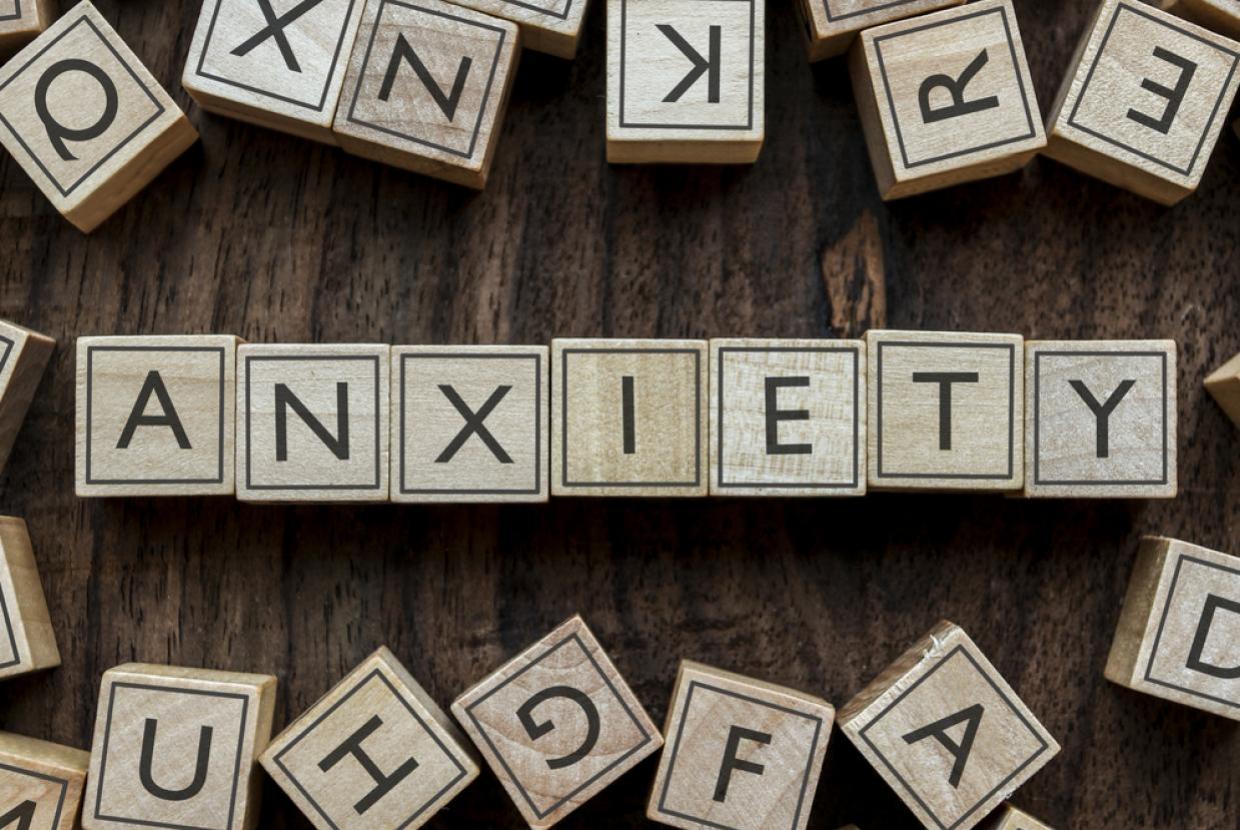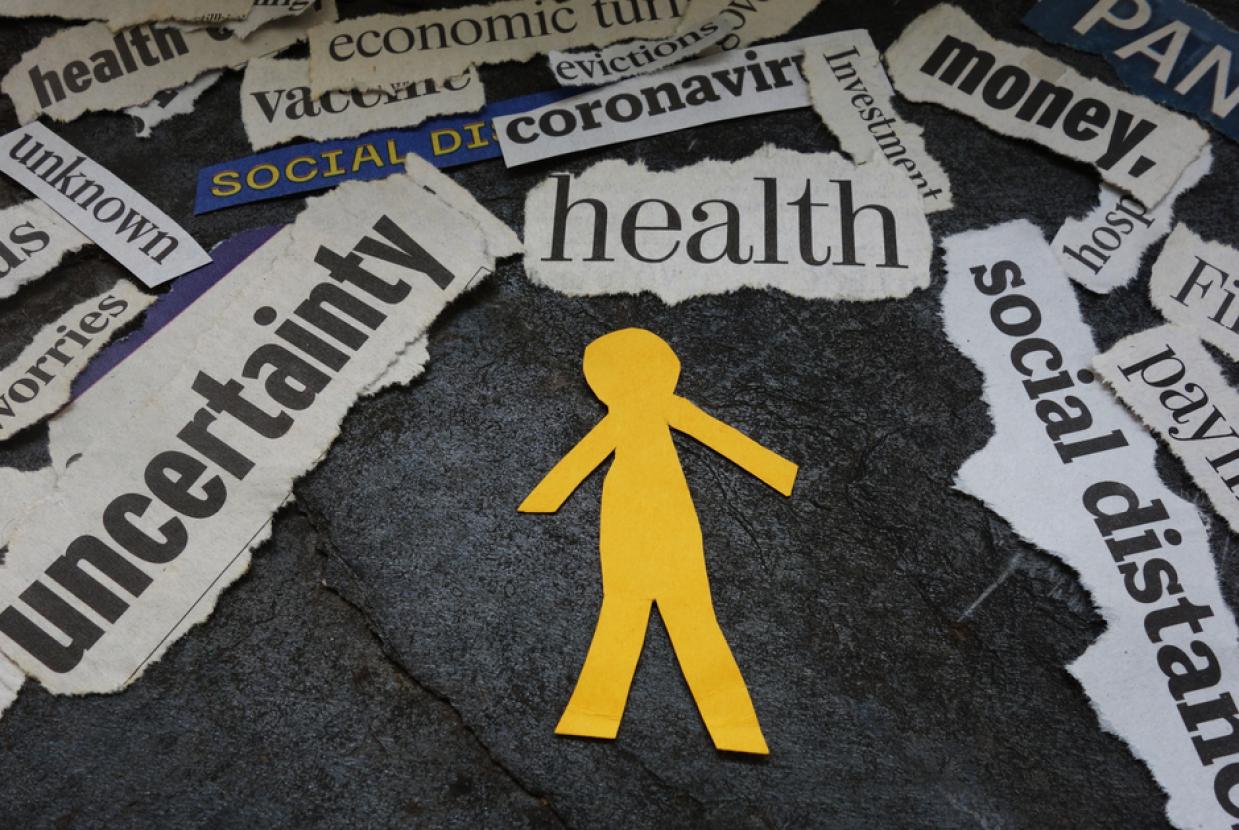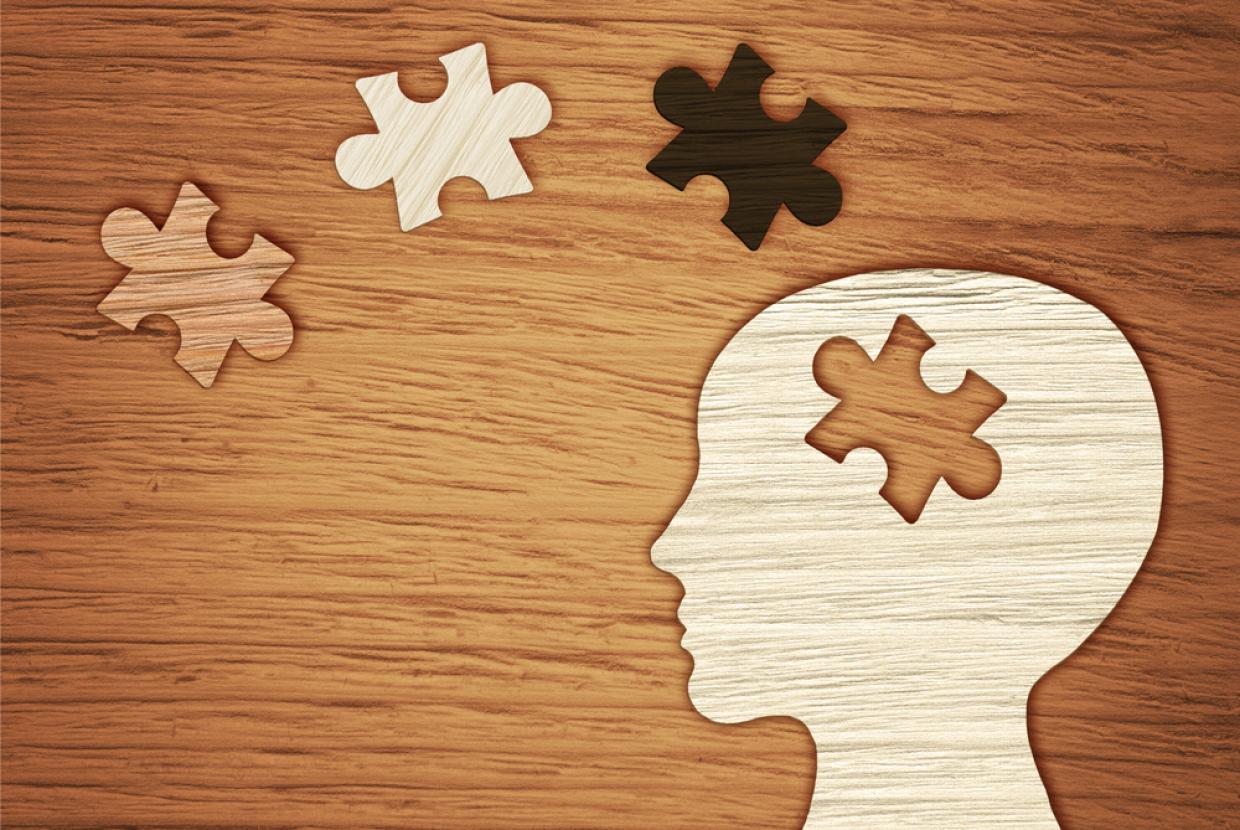Looking After Your Mental Health During Coronavirus
COVID-19 and Mental HealthThe coronavirus outbreak has had a big impact on our lives, and it's only natural to want to be kept informed. However, it's important to protect our mental health and make sure we're not overwhelmed or feeding our own anxiety. Here are some tips on taking care of your mental health right now.
Turn off news notifications on your phone.
Joanne, who works at MindWise, says,
"I try to follow the 2020 rule. No more than 20 minutes each day talking about the virus, and no more than 20 minutes reading news updates about it".
It can be hard to switch off when we've got our phones on us 24 hours a day. You can disable notifications from apps like Facebook and Twitter so you're not being constantly bombarded with information. Most phones also have a Do Not Disturb function where you can set times in which to receive notifications - make sure you're setting them not to arrive when you're trying to sleep.
Mute people sharing updates or misinformation.
Both Facebook and Twitter have the ability to mute users. If someone you follow is sharing updates that make you feel uneasy or sharing misinformation then mute them. Muting someone doesn’t mean you have to unfollow them but it does mean you don’t see their posts for a while - and they won’t be notified that you have done this.
Equip yourself with information from trusted sources.
If you want to equip yourself with the latest information about the Coronavirus then make sure you turn to a source of information that you can trust. While the temptation is to turn to social media for the latest breaking news, getting information from a reliable source is important. The World Health Organisation (WHO), The UK Government and the NHS and the Department of Health NI have pages set up to report the latest stats and guidance.
Talk about your worries
If you are feeling anxious or worried about the coronavirus then it can be good to get someone else’s point of view. Think about who you speak to - speaking to someone else who is struggling might not be best. Find somewhere quiet where you can sit down and chat openly and honestly about your feelings and your concerns. It is easy to get overwhelmed in our own pattern of negative thoughts, so talking these though can help break those cycles.
"I have an anxiety disorder, so I've found it particularly hard at the moment. But everyone is worried - and in a way, it's kind of nice that we're talking about our worries openly".
There are also lots of places online and on the phone which can offer support. GP surgeries, although mostly operating a call back system, are still open and supporting patients, so please don't put things off if you're worried about your physical health.
Distract yourself with the things you enjoy.
Making time in your day to do the things you enjoy is a good way to distract yourself from the news cycle. Listen to music, read a book or maybe try learning something new.
"Throughout isolation, I've been trying to appreciate the slower pace of life".
Eat healthily
It is very easy to forget to have a well-balanced meal when we are stressed or anxious - but cooking can help detract from negative thoughts and ensure that you eat well. If you are not into cooking, then maybe ask a loved one or friend if they will help you. Sharing the task and talking about what you are cooking can help take your mind off your worries.
If you're having trouble getting a food delivery or getting out to the shops, there are organisations that can help.
If you're on Facebook, the, "Who's Delivering NI" group collects and updates details of shops local to you that deliver groceries. You can join here.
Many local areas have set up Covid Mutual Aid groups which help people who may be struggling to get out and get groceries, for example, if you're vulnerable or self isolating. Find your nearest group here.
Talk to your GP or mental health team
The health service might have to make changes to appointments to help them tackle the spread of the virus. For example, they may cancel face to face appointments unless its an emergency. If this happens your GP or mental health team should let you know. And you can speak to them and find out if there are any other ways they can help. Or ways that you can help yourself.
Finally, if you find yourself trying to cope with extended periods of anxiety or stress then speak to your doctor. Many GPs now offer telephone consultations - check with your GP surgery to see if this is available where you live.
Get outside
The current government advice is that anyone who is not self-isolating is able to leave the house for exercise - rumours of it being restricted to one hour a day aren't true!
While we don't advise driving to beauty spots, it is still important - and allowed - to go for local walks while maintaining social distancing (staying 2m apart from people who aren't in your household).
Getting outside has proven benefits to our mental health. Go for a walk, jog or bike ride with your family, your music or your pet. If you have a garden, try to create a comfortable spot for yourself to enjoy some fresh air.



